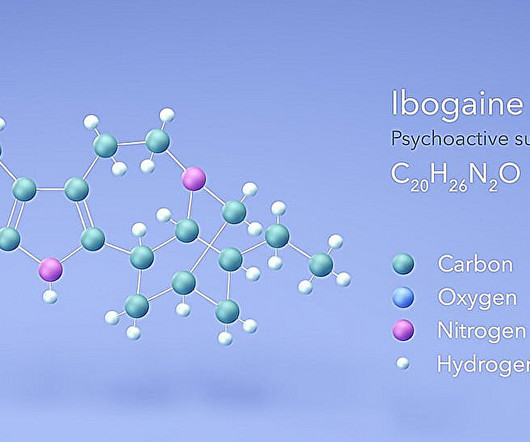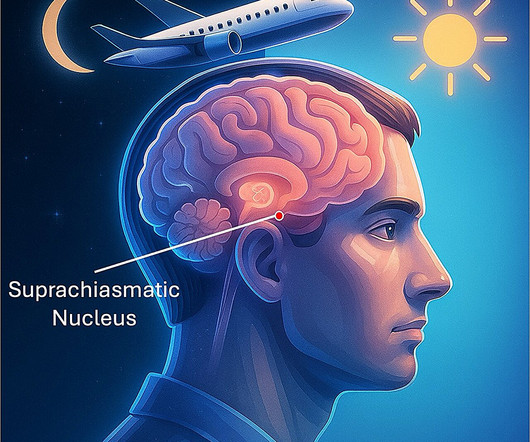Screening for Dementia: A Podcast with Anna Chodos, Joseph Gaugler and Soo Borson
GeriPal
JULY 19, 2024
But the thing that really motivates me is seeing, you know, and trying to manage later stage, you know, we can call them complications of people who haven’t had a diagnosis are now really in, you know, a world of complexity around other conditions, around managing life and managing practical things. Yeah, Medicaid program.
















Let's personalize your content